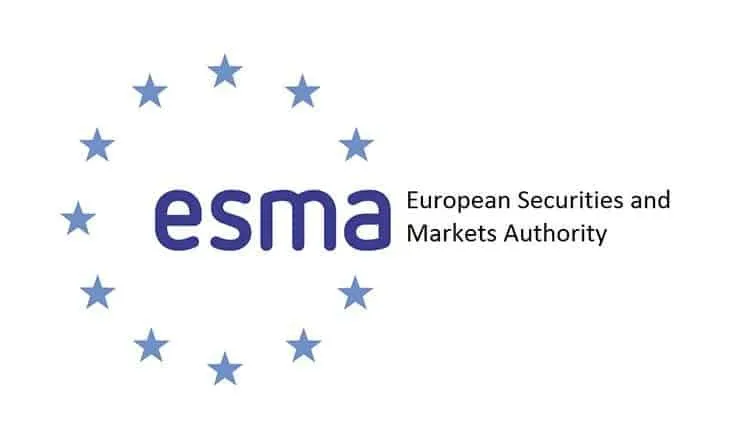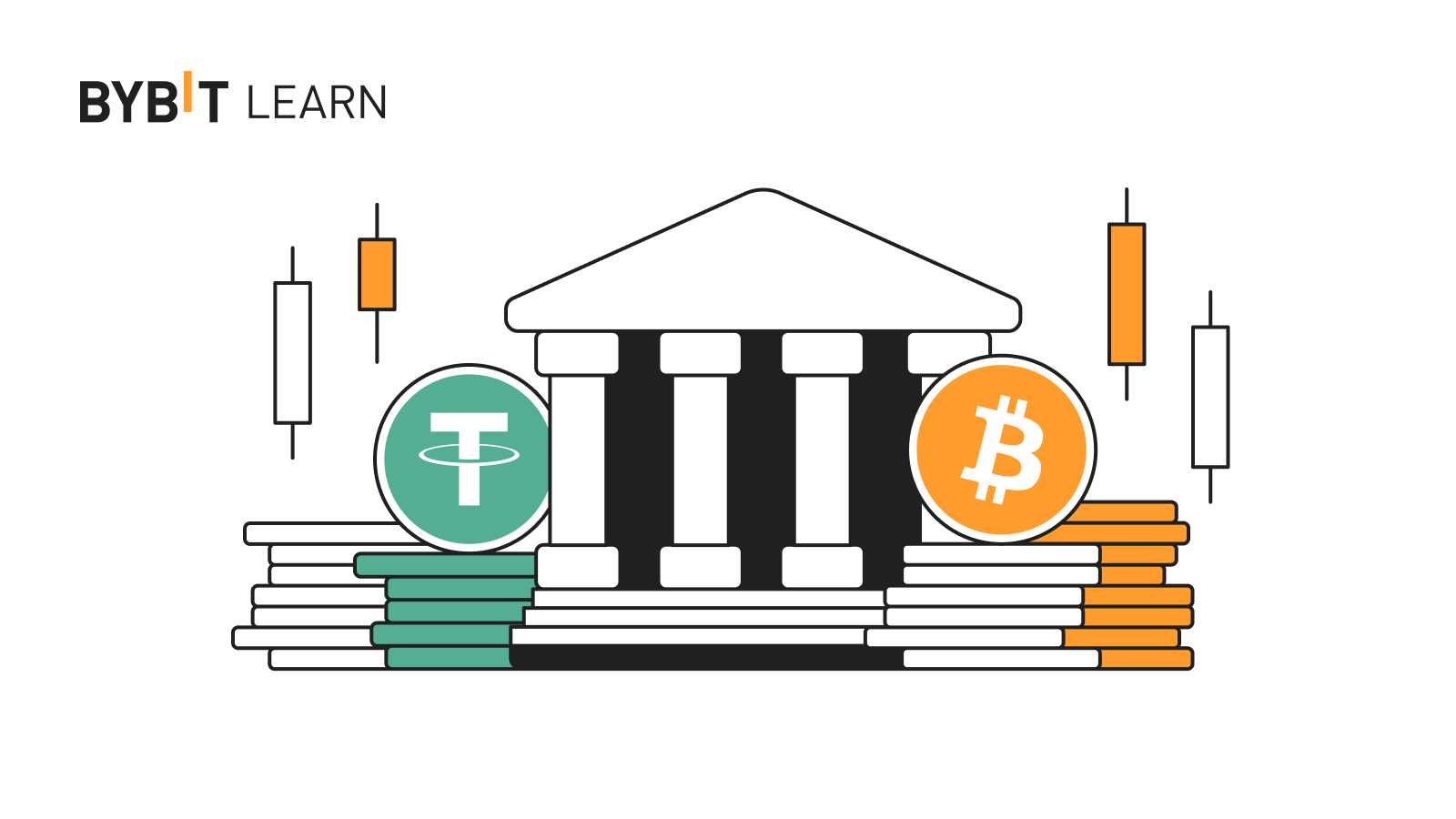
The trading of derivatives, particularly within the cryptocurrency market, is subject to a wide array of regulations depending on the jurisdiction in which a trading platform operates. These regulations are designed to mitigate risks such as market manipulation, fraud, and money laundering and to ensure that the interests of retail and institutional investors are protected. At Bybit, a leading global cryptocurrency derivatives trading platform, the importance of adhering to regulatory requirements is paramount. The platform operates in multiple regions, and understanding the nuances of local regulations is a key aspect of its overall strategy. This article aims to delve into the regulatory considerations impacting derivatives trading at Bybit, focusing on compliance with local laws, Know Your Customer (KYC) and Anti-Money Laundering (AML) policies, and the overall impact of regulations on trading strategies.
Compliance with Local Laws
As Bybit operates in various jurisdictions around the world, it faces the challenge of navigating a diverse set of regulatory requirements. The regulatory landscape in each country or region can vary significantly, making it essential for Bybit to stay updated on the evolving legal frameworks.

United States: Stricter Regulatory Oversight
In jurisdictions such as the United States, crypto derivatives are subject to strict oversight by regulatory bodies such as the Commodity Futures Trading Commission (CFTC) and the Securities and Exchange Commission (SEC). These institutions regulate the trading of futures contracts, options, and other financial products, with a particular focus on ensuring market integrity and preventing fraudulent activities.
To comply with these regulations, Bybit must adapt its services and products to meet the requirements of the CFTC, including obtaining necessary licenses and adhering to specific reporting standards. The CFTC’s stringent regulatory framework for futures and derivatives trading, particularly in cryptocurrencies, ensures that platforms offering such services are regularly scrutinized and audited. For Bybit, this means meeting all legal and operational standards to provide a secure and compliant service to U.S.-based traders. The process may also involve implementing robust monitoring systems and preparing for routine assessments by regulatory bodies to ensure ongoing compliance.
European Union: MiFID II and ESMA Oversight
Similarly, in the European Union, the European Securities and Markets Authority (ESMA) plays a vital role in overseeing financial markets, including cryptocurrency derivatives. The EU has established regulations like the Markets in Financial Instruments Directive II (MiFID II), which governs the trading of derivatives. Bybit must ensure that its operations align with MiFID II and other related directives to remain compliant and to offer services to EU-based traders.
The MiFID II framework includes guidelines on trading transparency, investor protection, and risk management, all of which are vital for maintaining a fair and secure trading environment. Bybit’s platform must meet these standards, which may include additional reporting requirements and the provision of appropriate risk management tools to traders. Furthermore, under ESMA’s recommendations, Bybit is required to take measures to protect retail investors from excessive risks, especially in volatile markets like cryptocurrencies.

Switzerland: A Crypto-Friendly Jurisdiction
In contrast, some countries, such as Switzerland, have a more lenient approach to cryptocurrency regulations, allowing platforms like Bybit to operate with fewer restrictions. The Swiss Financial Market Supervisory Authority (FINMA) has created a regulatory environment that is relatively favorable to cryptocurrencies and blockchain-based services. As a result, platforms like Bybit can offer a broader range of products with fewer regulatory barriers compared to more tightly regulated regions.
However, even in more crypto-friendly jurisdictions, platforms must still adhere to general financial regulations, including anti-money laundering and consumer protection laws. In Switzerland, for example, Bybit must comply with the Anti-Money Laundering (AML) regulations outlined by FINMA to ensure that it does not facilitate illegal financial activities. This requirement ensures that despite the relaxed approach towards cryptocurrency trading, platforms like Bybit maintain high standards of financial integrity and user protection.
KYC and AML Policies
In addition to complying with local laws, Bybit must implement robust Know Your Customer (KYC) and Anti-Money Laundering (AML) policies to safeguard the platform and prevent illegal activities such as money laundering, terrorism financing, and fraud. These policies are not only a regulatory requirement but also a critical aspect of maintaining the integrity of the platform and protecting users from malicious actors.
Know Your Customer (KYC)
KYC is a fundamental part of the regulatory framework for financial institutions, including cryptocurrency exchanges like Bybit. KYC procedures involve verifying the identity of customers to ensure that they are not engaging in illegal activities. Bybit employs a rigorous KYC process that requires users to submit personal information, including government-issued identification documents, proof of address, and other relevant data. This information helps Bybit verify the legitimacy of the users and prevents criminals from using the platform for illicit activities.
In certain jurisdictions, the KYC process is mandatory for platforms offering derivatives trading. For instance, in the United States, the Financial Crimes Enforcement Network (FinCEN) mandates that all cryptocurrency exchanges implement KYC procedures as part of their obligations under the Bank Secrecy Act (BSA). Bybit must ensure that all users undergo KYC verification before accessing trading services, especially when trading derivatives.
The KYC process not only helps to comply with local regulations but also enhances user trust. Traders are more likely to engage with a platform that is committed to maintaining high standards of security and transparency. By implementing KYC protocols, Bybit can ensure that only legitimate traders can access its platform, reducing the risk of fraud and illegal activities.

Anti-Money Laundering (AML)
Anti-Money Laundering (AML) regulations are designed to detect and prevent the flow of illicit funds within the financial system. For cryptocurrency exchanges, AML regulations are particularly crucial due to the pseudonymous nature of cryptocurrency transactions, which can make it difficult to trace the origin of funds.
Bybit is committed to complying with global AML standards and works to detect suspicious activities through the implementation of transaction monitoring systems. These systems analyze trading patterns and flag any transactions that deviate from normal behavior. When suspicious activity is identified, Bybit’s compliance team conducts thorough investigations to determine whether the activity is related to money laundering or other illicit activities. If necessary, Bybit is required to report these activities to the relevant authorities following the laws of the jurisdiction.
For example, in the United Kingdom, the Financial Conduct Authority (FCA) mandates that cryptocurrency platforms adhere to stringent AML regulations. Bybit has put in place robust AML measures to ensure that it complies with these regulations, including conducting regular audits and maintaining detailed records of all transactions.
By implementing comprehensive KYC and AML policies, Bybit not only complies with regulatory requirements but also protects its users from the risks associated with illegal activities. These measures help to ensure a safer trading environment and enhance the overall reputation of the platform.
Impact of Regulations on Trading
Regulations play a significant role in shaping the way derivatives trading takes place on platforms like Bybit. While compliance with these regulations is essential for ensuring legal operations, it also has a considerable impact on traders and their strategies.
Liquidity and Market Accessibility
One of the primary ways regulations affect derivatives trading is by influencing the liquidity and accessibility of the markets. In some regions, regulatory restrictions on crypto derivatives can limit the range of products available to traders. For example, in the United States, the CFTC imposes stringent regulations on the trading of crypto futures and options, limiting the number of platforms that can offer these products. As a result, traders in such regions may have fewer options when it comes to accessing leveraged derivatives products.
On the other hand, in regions where regulations are more relaxed, platforms like Bybit can offer a broader range of derivatives products, including perpetual contracts, which are popular among crypto traders. These products offer high leverage and can provide traders with greater opportunities to profit from market movements. However, Bybit must still ensure that these products are offered in a way that complies with local regulations to avoid legal complications.

Market Volatility and Risk Management
Regulations also impact the risk management strategies that platforms like Bybit must adopt. Many regulatory frameworks require exchanges to implement safeguards that protect traders from excessive losses. For example, some jurisdictions mandate that platforms offer risk management tools like stop-loss orders and limit orders to prevent traders from accumulating significant losses due to sudden market volatility.
Bybit offers a range of risk management tools that allow traders to protect their investments. These tools are especially important in the volatile cryptocurrency market, where prices can fluctuate dramatically in short periods. By adhering to regulatory guidelines and providing these risk management options, Bybit helps traders manage their exposure to market risks.
However, the presence of these regulations can sometimes limit the leverage that traders can access. In some countries, regulatory bodies set maximum leverage ratios to prevent traders from taking on excessive risk. While this helps to protect individual traders from significant losses, it can also limit the profit potential for traders who prefer to use high leverage.
Innovation and Market Development
Regulatory frameworks can also impact the innovation and development of new trading products. In heavily regulated markets, platforms may be restricted in terms of the products and services they can offer. For instance, the European Union’s MiFID II regulations place limits on the types of derivative products that can be traded, which could impact the ability of platforms like Bybit to introduce new, innovative trading instruments.
However, in more crypto-friendly jurisdictions, Bybit can experiment with new products and features that cater to the evolving needs of traders. For instance, Bybit has introduced innovative features like its Dual Price Mechanism to protect traders from price manipulation. These innovations are made possible in part because of the more favorable regulatory environment in certain regions.

Conclusion
Regulatory considerations are an integral part of the derivatives trading ecosystem, and platforms like Bybit must ensure full compliance with local laws and global standards. By adhering to KYC and AML policies, Bybit ensures that it maintains a secure and trustworthy environment for its users while mitigating the risks associated with illegal activities. Furthermore, the impact of regulations on market accessibility, liquidity, and risk management plays a critical role in shaping the trading experience.
In an increasingly regulated world, staying informed and adapting to evolving regulatory frameworks will be key to Bybit’s continued success. The ability to balance innovation with compliance will enable Bybit to offer a secure, transparent, and efficient trading environment for its global user base. As the regulatory landscape continues to evolve, Bybit remains committed to maintaining the highest standards of compliance, security, and user trust.























